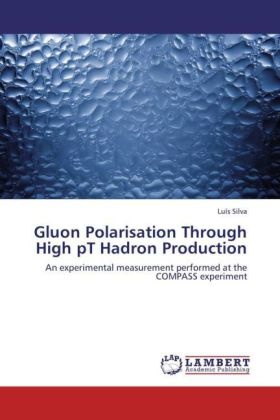Read more
One of the missing keys in the present understanding of the spin structure of the nucleon is the contribution from the gluons: the so called gluon polarisation. This quantity can be determined in DIS through the Photon-Gluon Fusion (PGF) process, in which two analysis methods may be used: (i) identifying open charm events or (ii) selecting events with high transverse momentum (pT) hadrons. The data used in the present work were collected by the COMPASS Experiment, where a naturally polarised muon beam of 160 GeV, impinging on a polarised nucleon fixed target, is used. The results for the gluon polarisation from high pT are presented. The gluon polarisation result for high pT hadrons is divided, for the first time, into three independent x_G bins at leading order (LO). A new weighted method based on a neural network approach is used.
About the author
Luís Silva, PhD: graduated in Physics by the University of Lisbon (Universidade de Lisboa), Master and PhD by the Technical University of Lisbon (Universidade Técnica de Lisboa). Particle and High Energy Physics researcher at Laboratório de Instrumentação e Física Experimental de Partículas (LIP).

